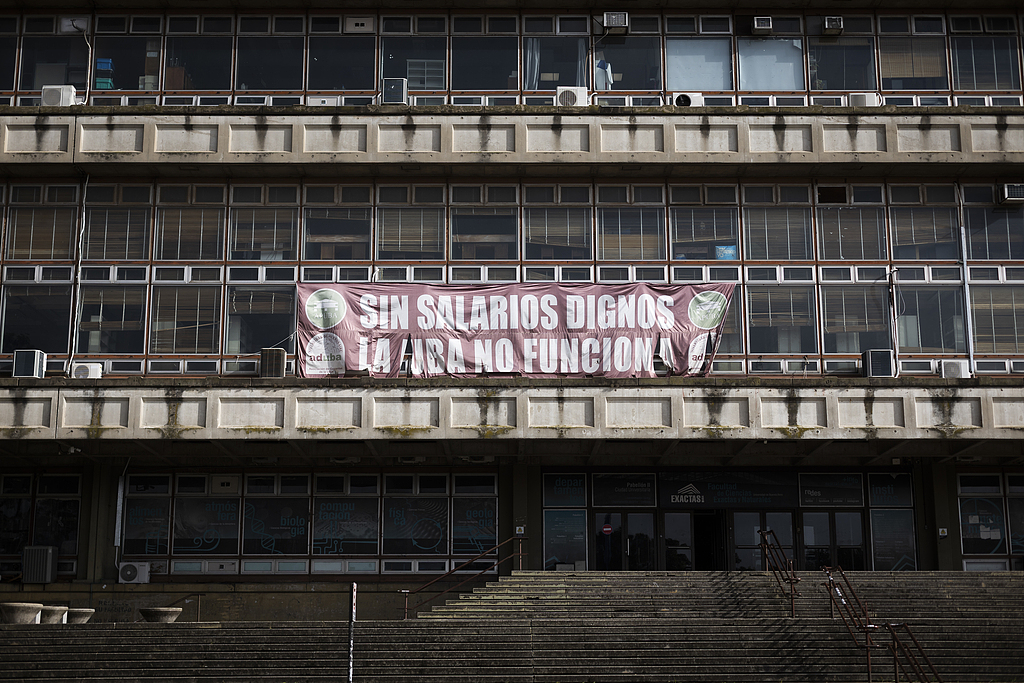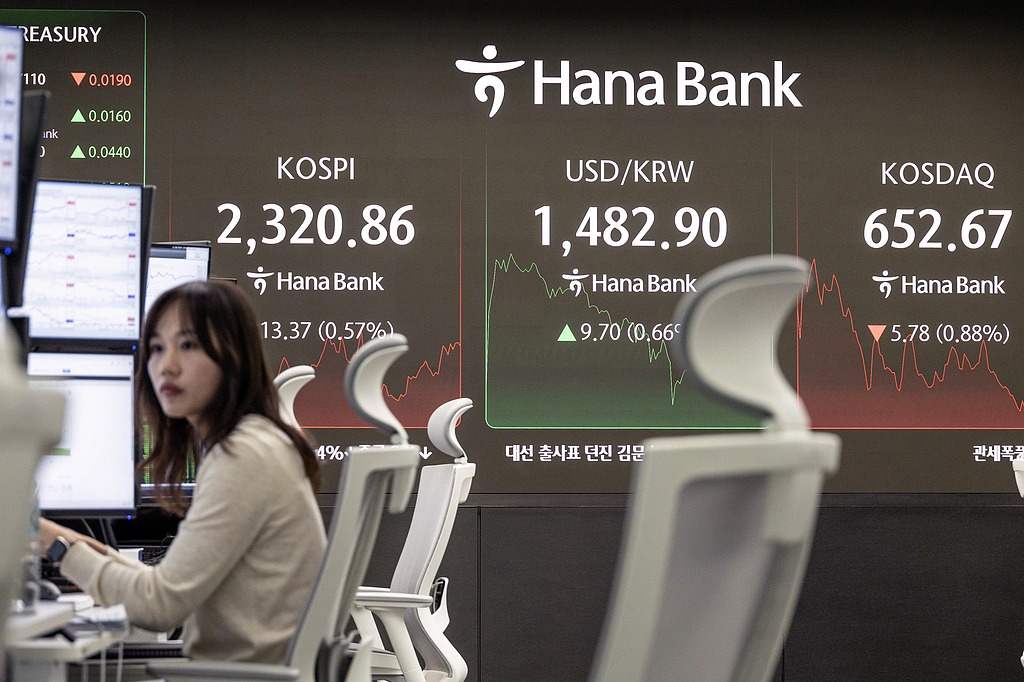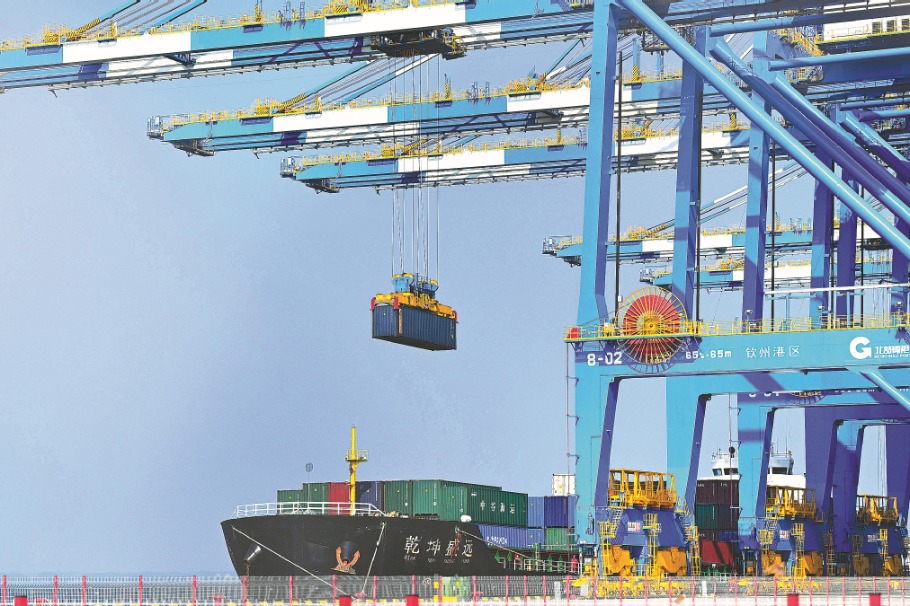General strike disrupts life in Argentina


BUENOS AIRES — Argentina's trains and subways were disrupted, flights grounded, grain shipments interrupted, deliveries halted and banks shuttered as unions held a general strike on Thursday.
The daylong strike comes as Javier Milei is 16 months into a presidency that has sought to eliminate Argentina's fiscal deficit through severe austerity measures.
The stoppage — led by the country's main union confederation, CGT — tried to bring Argentina to a standstill a day after union activists joined a weekly protest of retirees rallying for increases to their government pensions, most of which are about $300 a month and have lost significant value to inflation.
Union members, including train conductors, teachers, customs officials, trash collectors and postal workers, walked off their jobs at midnight on Wednesday for 24 hours. Airports emptied as the main airlines halted operations. Many public hospitals were only dealing with emergencies. The government said the stoppage cost the economy some $880 million.
"We are joining the strike for fair collective bargaining, solidarity with retirees and the country's poorest, and for the crisis that we are experiencing," said Nestor Segovia, assistant secretary of the subway workers' union.
"The right to strike is a worker's right and I think there have to be more strikes because the situation with this government is unsustainable," said Hugo Velazquez, 62, who normally takes the railway, but was waiting for the bus due to the strike.
Lucas Edezma, 33, said he disagreed with the strike because it was complicating things for others.
"It's a problem," Edezma said. "Even hospitals have minimal staff and I have to bring my grandmother to the hospital and I don't know what I'm going to do."
In grains hub Rosario, "everything's stopped", said port chamber head Guillermo Wade. Argentina is the world's leading exporter of soybean oil and meal, the third-largest exporter of corn, and a major supplier of wheat.
"This strike pursues political interests and has nothing to do with the workers," said Manuel Adorni, spokesman for President Milei.
Milei has slashed subsidies, undone price controls, scrapped government ministries and fired more than 42,000 state workers. The spending cuts hit the population immediately, with a big portion of the government's fiscal savings last year coming from social programs and pensions.
Thursday's general strike called on the government to boost spending on the gutted health and education sectors, reinstate fired employees and reopen talks over wage hikes, among other measures.
































